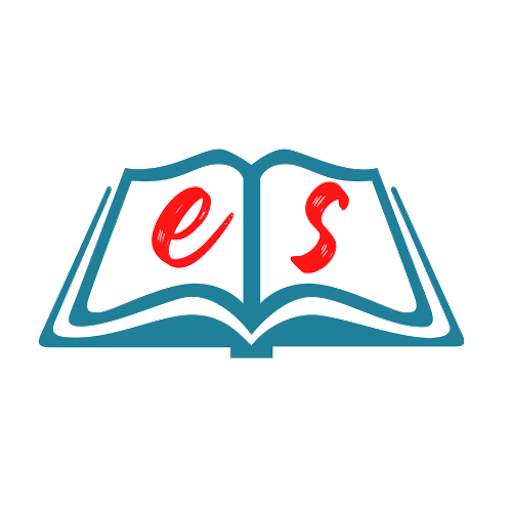Saudi Arabia – Eko Nur Cahyo, the lecturer of Islamic Economics and Law Department, Faculty of Syari’a, University of Darussalam Gontor and PhD researcher in the Centre of Trust, Peace, and Social Relations, Coventry University, the United Kingdom, has participated in the 10TH International Islamic Economic Conference System (I-iECONS2023) which has been organised by the Faculty of Economics and Muamalat (FEM), University Sains Islam Malaysia (USIM) held in Millennium Mecca Al Naseem Mecca, Saudi Arabia, 14th August 2023. The conference theme was “Sustainable Development Through Innovative Economics Transformation.”
This conference provided a platform for scholars, academicians, researchers, and professionals to communicate and share their knowledge, information, new ideas, and experience in order to address the contemporary issues, challenges, and concerns on economy and muamalat with sub-themes of economics, accounting and corporate governance, banking, finance and investment, marketing, business, management, and leadership, halal products, services and halal management, Islamic Social Finance, zakat, waqf, takaful, fintech and Innovation, SDG, ESG, Maqasid Shariah.
Many presenters from universities of 14 countries participated in this conference, including Saudi Arabia, Algeria, Australia, Brunei, India, Indonesia, Malaysia, Morocco, Nigeria, Pakistan, Palestine, the Philippines, Tunisia, and the United Kingdom. This conference was expected to substantially add to the body of knowledge in the abovementioned domains.
In this event, Eko presented his paper and highlighted some parts of the findings of his doctoral thesis on waqf-based education Darussalam Gontor Islamic Institution, which was focused on waqf governance and internal control that were implemented to mitigate the miss-managements and to enhance the sustainability of the operational of this Institution. Furthermore, the paper broadly discussed the Islamic values-based management and human waqf (as social capital) that enhance its operational sustainability and support its impacts on community development.
Red: Eko Nur Cahyo, Ph.D (cand) | Ed: Ahmad Kali Akbar






